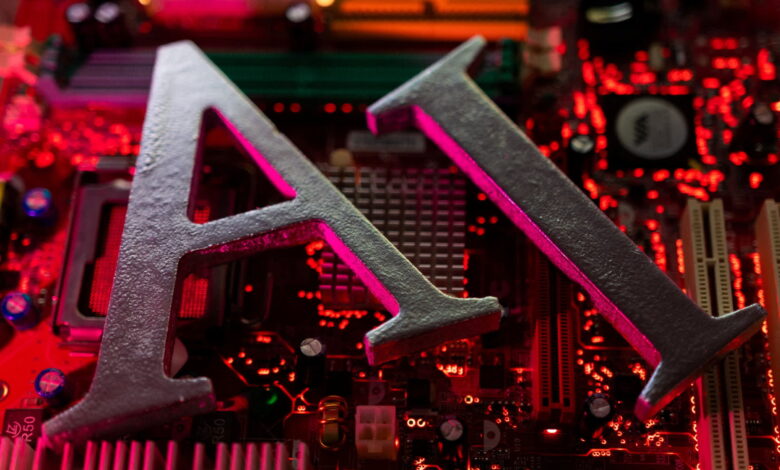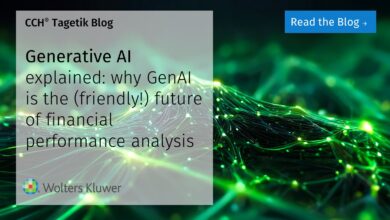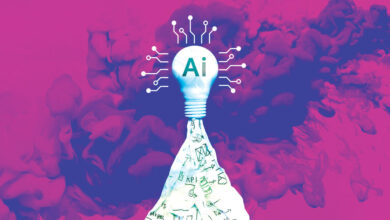IMF proposes tax on AI carbon emissions to counter job loss, income inequality

Why it matters: Generative AI has emerged as a powerful but disruptive new technology, already bringing major changes to how many people work – and causing job losses for many others. Now, the International Monetary Fund believes that those job losses may hamper tax collections, so something has to give. One of their proposals to compensate is a carbon tax on the energy-intensive server farms powering these AI systems.
This idea was floated in an IMF discussion paper titled “Broadening the Gains from Generative AI: The Role of Fiscal Policies.” The paper’s core argument is that while generative AI can be a huge productivity booster, it also risks widening inequality and hitting government coffers hard as jobs get automated.
Traditional automation tended to replace routine, lower-skilled jobs. Generative AI’s cognitive capabilities mean it could start making inroads into fields like computer programming, accounting, and many other white-collar roles we thought were safe – “potentially amplifying job losses in cognitive occupations,” according to the paper. Fewer workers means less income tax revenue for governments.
Therefore, the IMF thinks that fiscal policies need to adapt. One suggestion is rethinking how we tax capital versus labor income. Capital (think machines, software, etc.) is often taxed less than labor, but if AI is letting capital replace human workers en masse, that balance may need rejigging.
They also raised concerns about “winner-take-all” markets dominated by a few mega-firms that can afford the massive computing costs of developing cutting-edge AI systems.
A carbon tax on those energy-hungry AI server farms could help level that playing field a little. “Given the large amount of energy consumed by AI servers, taxing the associated carbon emissions is a good way to reflect the external environmental costs in the price of the technology,” noted the IMF.
After all, AI is a real energy hog. Last year, research from AI startup Hugging Face and Carnegie Mellon University showed that generating a single AI image can eat up as much power as recharging a smartphone. Text generation is far more efficient, but is still no slouch in the electricity department. An AI tax based on their emissions could encourage more efficient practices.
The IMF stopped short of advocating a blanket “AI tax” since that could hamper innovation and adoption in countries that implement it, causing them to fall behind competition. But they did muse that AI could help upgrade old tax bureaucracies, allowing concepts like real-time property taxes based on market values.
“Gen AI will turn classic tax theory upside down and urge a rethink of the old ways of doing things. It may, for instance, usher in the design of a personalized progressive value-added tax, an income tax based on lifetime income, or a real-time market-value-based property tax.”
Of course, these proposals are more about preparing for various scenarios than concrete recommendations.
The potential job impacts are staggering. Earlier projections from the IMF estimated AI could affect nearly 40% of global jobs, rising to around 60% for rich countries. Whether that means humans being displaced or simply working alongside AI assistants remains to be seen.



